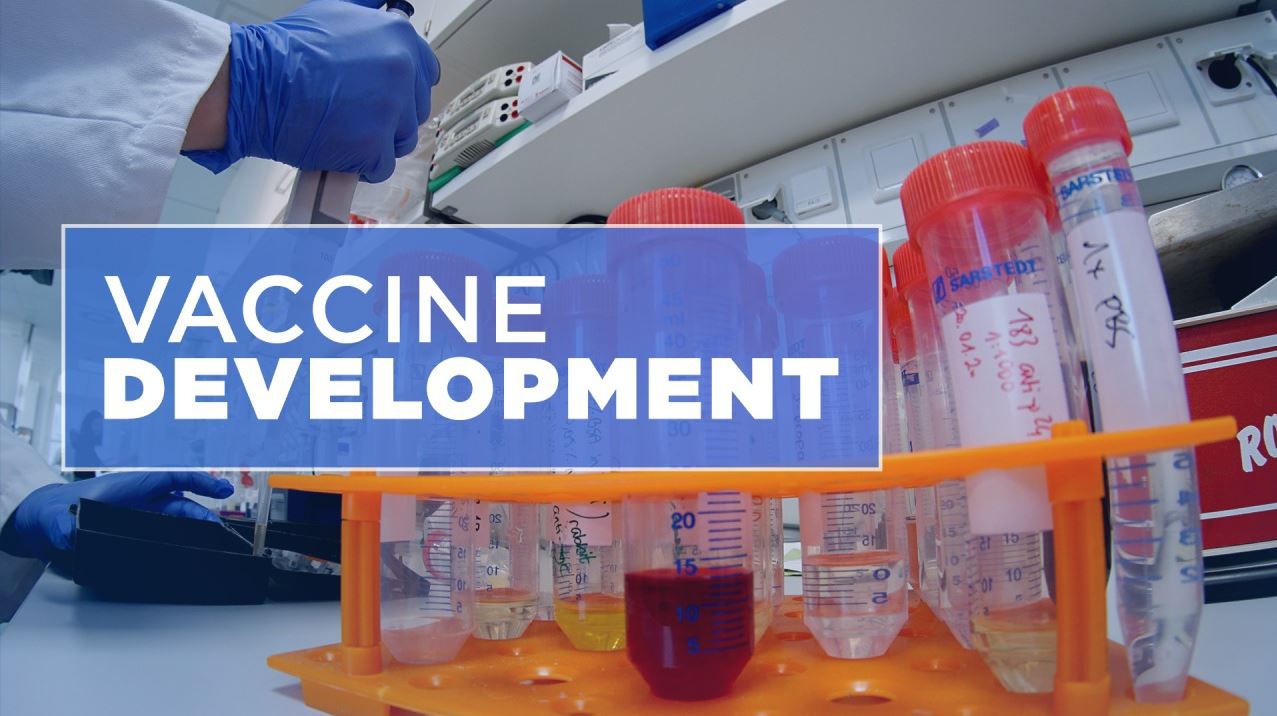ST. PETERSBURG, Fl. - By the time a COVID-19 vaccine comes out, it will not include clinical trial data on children and special populations such as pregnant women.
What You Need To Know
- Why are kids excluded from COVID-19 clinical trials?
- Vaccine trials usually focus on a certain population, then branch out
- Kids can't consent for themselves
- Due to the virus' severity on the older generation, vaccine trials are focusing on adults first
- More Coronavirus Coverage
- Vaccine trials usually focus on a certain population, then branch out
- Kids can't consent for themselves
- Due to the virus' severity on the older generation, vaccine trials are focusing on adults first
Johns Hopkins All Children's Hospital Director of Infectious Disease Dr. Allison Messina discussed with Spectrum News why children are excluded from this round of clinical trials.
"The way vaccines typically work and it sounds like the COVID-19 vaccines are sort of falling in line with this general method, they want to do it on people who can consent for themselves," explained Dr. Messina.
This does not mean there won't be pediatric trials down the line.
That's why vaccine development takes years, on average four to 20 years.
"Once they get the safety data on that population first, that's when they start branching out and looking at data in younger and younger people," said Dr. Messina.
Therefore, if a large enough population gets the first round of vaccines, then children will get protected.
"I think in pediatrics, we don't expect to have a pediatric vaccine very soon,” she said. “But our hope is that if it's a good enough vaccine in the older population and it protects a lot of people and gives us a lot of herd immunity among adults that will sort of cocoon our children."
Another reason why the vaccine is not focused on children at this moment is because of the virus' severity on older generations.
"Fortunately, the COVID-19 disease is not as severe in children as it is in older adults,” she said. “So there is a greater push to get this vaccine ready and available in older populations, because they're the ones who are getting sicker."
The National Institutes of Health started discussing how and when to hold clinical trials for a pediatric vaccine this week.
So far studies done on pregnant women show mitigation efforts can prevent the spread of the virus from mom to child.
The American Academy of Pediatrics found about 2% to 5% of babies born to mothers with COVID-19 tested positive for coronavirus.
And another study found infected mothers are unlikely to pass coronavirus to their newborns through breastfeeding when appropriate precautions are taken.



